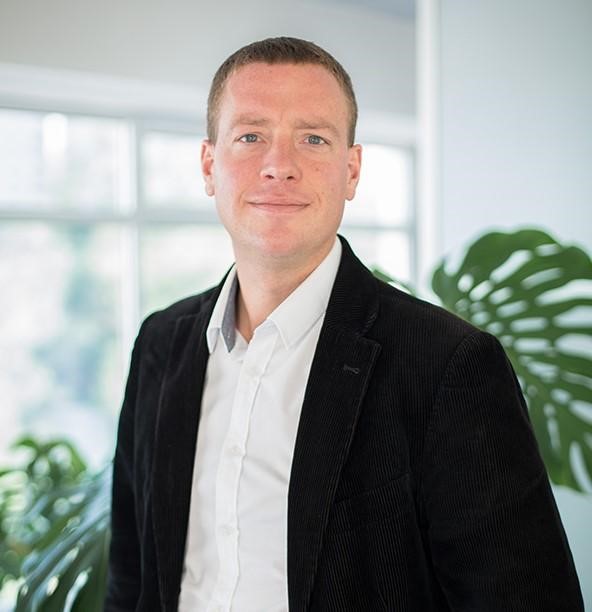It calls for action by all countries for all people over the next 15 years in 5 areas of critical importance: people, planet, prosperity, peace and partnership. Transformational changes are needed in all sectors including law, business, science, and public policy. For the past few years Narxoz University has made a commitment to ensuring the knowledge, skills and values needed to help implement these Goals are integrated holistically into education, campus operations, campus culture and offices.
One critical method needed to solve some of the most pressing social, environmental and economic challenges we face in Kazakhstan however, is through applied research. Applied research is defined as research that seeks to solve real world problems. It differs from traditional research as traditional research is typically curiosity driven and may not have practical applications. The focus of scientific discovery has shifted from basic research to ‘relevant’ or ‘applied’ science, in order to solve pressing developmental challenges, many of which have been identified as Sustainable Development Goals [Agenda 2030] by the UN. We cannot solve global challenges like addressing climate change, human rights violations, or economic inequality without developing practical methods, technologies, or policies to address them.
 As a result, the Sustainable Kazakhstan Research Institute (SKRI) was created by its founding Director Dr. Brendan Duprey to bridge the gap between research and application. The Institute was set up a little over a year ago and has become known as the leading sustainability research institutes in Central Asia. It has developed partnerships with internationally recognized companies and Universities like Tauw Engineering Company (Netherlands), Finnish Meteorological Institute, Helsinki University, Harvard University, among others. Along with national institutions and companies like Kazakhaltyn MMC Company, AAEngineering, Academy of Education, and Department of Ecology in Almaty. The Institute prides itself as an applied research institute or as Dr. Duprey puts it a ‘solutions driven research institute’. To illustrate a concrete example of applied research the SKRI is implementing is the project ‘Alternative approaches to mitigation of dust fallout from mine operations: Feasibility study into opportunities of using nature to trap contaminated dust with phytocapture concept’. This project was funded by the Tauw Foundation. Together with international partners and national partners AAEngineering and Kazakhaltyn mining company, Narxoz University has analyzed the feasibility of creating a natural vegetation barrier near tailing facilities at Aksu gold mine to protect the neighboring village from toxic dust deriving from them. If applied on site the concept (vegetative barrier) has the ability to capture toxic dust and protect local villagers from inhaling it. This is just one of several examples of the innovative work the SKRI is doing bridging the gap between research and practice. These measures enacted by the SKRI has made an important contribution to the implementation of the Sustainable Development Goals in Kazakhstan. It is the hope of its founders that other research institutes in Kazakhstan will use their skills and knowledge to address real world sustainability challenges in Kazakhstan and contribute to the sustainable future we all hope for and want for ourselves and for future generations.
As a result, the Sustainable Kazakhstan Research Institute (SKRI) was created by its founding Director Dr. Brendan Duprey to bridge the gap between research and application. The Institute was set up a little over a year ago and has become known as the leading sustainability research institutes in Central Asia. It has developed partnerships with internationally recognized companies and Universities like Tauw Engineering Company (Netherlands), Finnish Meteorological Institute, Helsinki University, Harvard University, among others. Along with national institutions and companies like Kazakhaltyn MMC Company, AAEngineering, Academy of Education, and Department of Ecology in Almaty. The Institute prides itself as an applied research institute or as Dr. Duprey puts it a ‘solutions driven research institute’. To illustrate a concrete example of applied research the SKRI is implementing is the project ‘Alternative approaches to mitigation of dust fallout from mine operations: Feasibility study into opportunities of using nature to trap contaminated dust with phytocapture concept’. This project was funded by the Tauw Foundation. Together with international partners and national partners AAEngineering and Kazakhaltyn mining company, Narxoz University has analyzed the feasibility of creating a natural vegetation barrier near tailing facilities at Aksu gold mine to protect the neighboring village from toxic dust deriving from them. If applied on site the concept (vegetative barrier) has the ability to capture toxic dust and protect local villagers from inhaling it. This is just one of several examples of the innovative work the SKRI is doing bridging the gap between research and practice. These measures enacted by the SKRI has made an important contribution to the implementation of the Sustainable Development Goals in Kazakhstan. It is the hope of its founders that other research institutes in Kazakhstan will use their skills and knowledge to address real world sustainability challenges in Kazakhstan and contribute to the sustainable future we all hope for and want for ourselves and for future generations.
Link to more info: https://sustainabledevelopment.un.org/post2015/transformingourworld